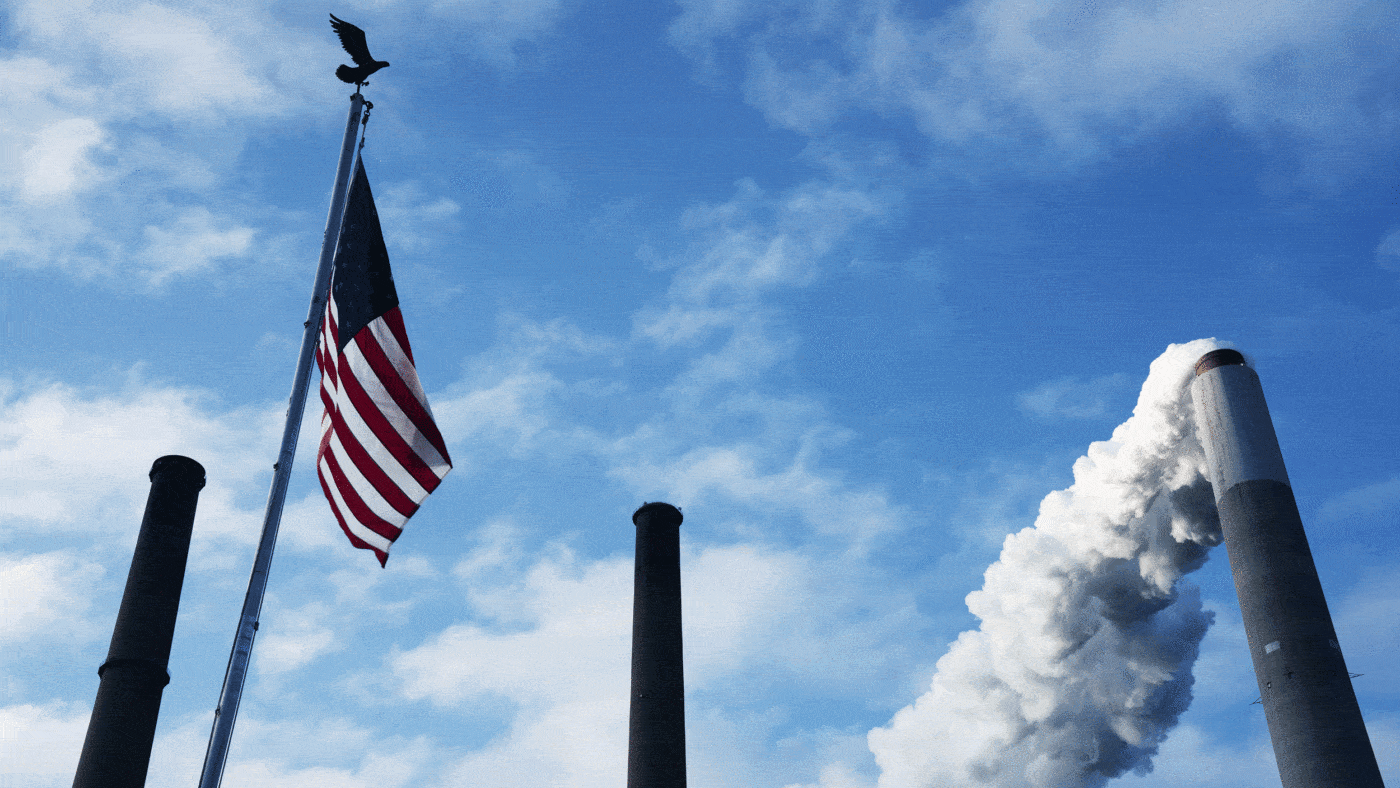Everyone hoped 2022 would herald a return to more normal way of life after all the uncertainty the Covid-19 pandemic delivered. Instead, we are suffering from unexpected rising prices and even war in Europe.
While supportive in our stance against Russia, the British people have felt the effects of that conflict. Families and individuals across the country – not least in my constituency – are feeling the strain as they weigh up prices of everyday essentials and adapt to yet another new normal.
While the war in Ukraine doesn’t come up often on the doorstep, it is not forgotten about either – its impact is clear for all to see. Hooked on cheap gas, the whole of Europe, led by the UK, took the right but painful decision to restrict the supply of Russian fossil fuels. We have scrabbled to secure energy from elsewhere, but we have also provided direct financial help to support people and businesses.
The UK’s vote in 2016 to leave the European Union now provides us with the chance to be nimble and responsive to these changes. I was therefore pleased to see the Government set up the Energy Task Force in September this year to address and resolve the issue of energy security.
Headed up by Maddy McTernan, who as the Director General played an important part in spearheading the Government’s extremely effective Vaccine Task Force – an undeniable Brexit benefit – it should give us all confidence that we are in good hands.
However, rising energy prices have impacted the cost of living, but it is not the only consideration the Task Force needs to consider, as ‘energy security’ has rightly risen in prevalence after Putin’s senseless decision to invade Ukraine.
In addition to traditional sources of energy – especially gas which is an effective transition fuel to net zero, I welcome the commitment made by the Government on investment across a wide range of energy sources, including nuclear and renewables.
Nonetheless, most of these will take a long time to be delivered. Nuclear is a classic example whereby even if we sign off on new nuclear power plants today, such as the Rolls Royce SMRs – and I think we should – it will still take the best part of a decade to come on board.
With more than 20m homes heated with gas, and over 40% of our electricity generated using gas, Britain will need to ensure it keeps on securing gas from reliable and dependable sources beyond the North Sea. The UK cannot currently provide all the energy we need ourselves and achieving energy security itself is now vital to every European country’s future prosperity.
In the short to medium-term then, we must be looking more strategically at solutions which involve our allies, namely the United States of America. This is in part a benefit of a post-Brexit ‘Global Britain’ which allows us to build upon these strong, existing relationships beyond the EU.
It was piped gas directly from Putin’s Russia upon which much of Europe became so reliant, and those decisions enabled Putin to turn off the spigots on his gas pipelines, and perhaps even going as far as sabotaging one of them. Liquified Natural Gas by contrast is vital form of transportable fuel for the UK if we want to keep our lights on and our homes warm this winter.
Gas in its LNG form can be purchased from more reliable, friendly nations than Russia; and doing so is quicker than building nuclear power stations, waiting for scalable battery storage or putting heat pumps into millions of homes.
However, as well as being able to utilise the UK’s energy security strategy to bolster our post-Brexit strategy, there is another reason to look to our friends across the Atlantic for our energy sources.
America has gas in abundance. It is already one of the world’s largest energy exporters based on its rich natural resources. This makes their energy prices – particularly gas – far less volatile than gas from elsewhere in the world beyond Europe. We can create secure supply by signing LNG procurement contracts with multiple export projects in the US, reducing the risk of interruption for operational issues, and some of those export projects are properly sized where our government could effectively buy out all of the LNG and control the US infrastructure.
If we don’t take the right decisions now, we risk the crisis of this winter running into next winter, the winter after that, and the winter after that.
Don’t get me wrong, where we can source our energy domestically, we should. Renewables should be expanded, as long as we plan for when the wind does not blow, new smaller nuclear stations should be approved, and the current fleet kept going, for the time being at least. But the reality is also that if we want to grow our economy we will need even more energy. What better way to deliver that than to keep building the long-standing ‘special relationship’ with our trusted allies.
Click here to subscribe to our daily briefing – the best pieces from CapX and across the web.
CapX depends on the generosity of its readers. If you value what we do, please consider making a donation.


